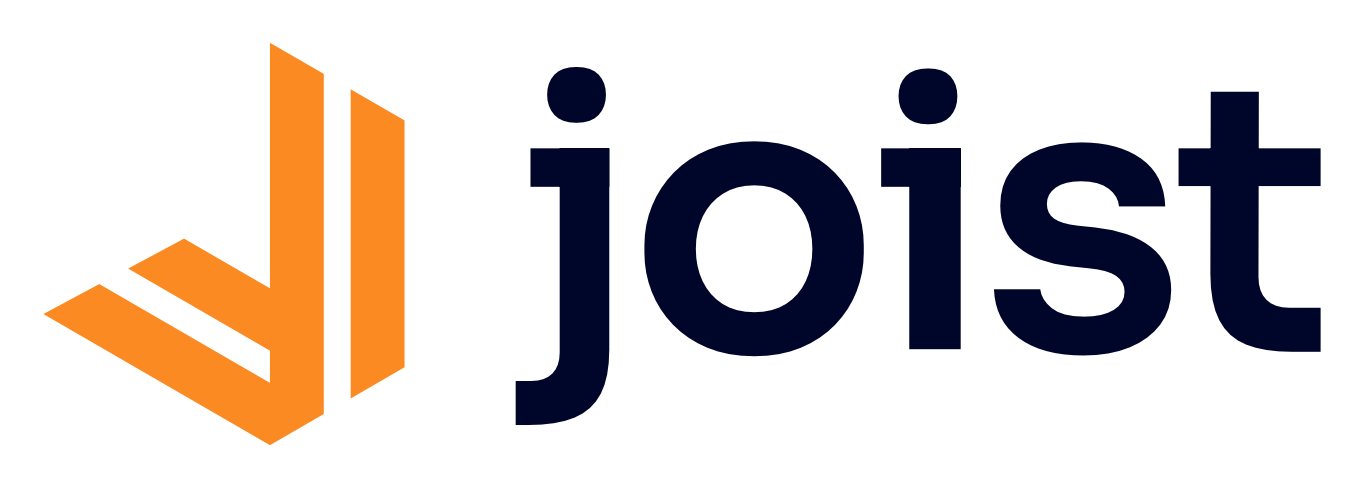Plugins
Joist supports a plugin system that allows you to hook into entity lifecycle events and implement cross-cutting concerns across your domain model.
Plugins are useful for implementing features like:
- Auditing and logging entity changes
- Enforcing security policies or access control
- Applying business rules before certain operations
- Integrating with external systems on entity events
Creating a Plugin
Section titled “Creating a Plugin”To create a plugin, extend the Plugin base class and implement any of the available plugin methods:
import { Plugin } from "joist-orm";
export class MyPlugin extends Plugin { beforeSetField(entity: Entity, field: string, newValue: any): void { // Called before a field value is set on an entity via setField console.log(`Setting ${field} to ${newValue} on ${entity}`); }
beforeFind( meta: EntityMetadata, operation: FindOperation, query: ParsedFindQuery, settings: { limit?: number; offset?: number }, ): void { // Called before a find operation is executed console.log(`Finding ${meta.type} with operation ${operation}`); }
afterFind(meta: EntityMetadata, operation: FindOperation, rows: any[]): void { // Called after a find operation with the raw database rows console.log(`Found ${rows.length} ${meta.type} rows`); }}Registering Plugins
Section titled “Registering Plugins”Register plugins with your EntityManager using the PluginManager:
const em = new EntityManager(...);const myPlugin = new MyPlugin();em.plugins.addPlugin(myPlugin);Once registered, the plugin will automatically receive callbacks for any implemented methods.
Available Plugin Hooks
Section titled “Available Plugin Hooks”beforeSetField
Section titled “beforeSetField”Called before a field value is set on an entity via setField. This is useful for implementing validation, access control, or auditing on field changes.
beforeSetField(entity: Entity, field: string, newValue: any): void { if (this.isImmutable(entity)) { throw new Error(`Cannot modify immutable entity ${entity}`); }}beforeFind
Section titled “beforeFind”Called before a find operation is executed. This allows you to inspect or modify query parameters, implement query logging, or enforce security policies.
beforeFind( meta: EntityMetadata, operation: FindOperation, query: ParsedFindQuery, settings: { limit?: number; offset?: number },): void { // Log all queries for a specific entity type if (meta.type === "Author") { console.log("Querying authors:", query); }}afterFind
Section titled “afterFind”Called after a find operation has been executed with the raw database rows. This is useful for post-processing results or collecting metrics.
afterFind(meta: EntityMetadata, operation: FindOperation, rows: any[]): void { // Track query metrics this.metrics.recordQuery(meta.type, operation, rows.length);}Accessing the EntityManager
Section titled “Accessing the EntityManager”Plugins have access to their associated EntityManager via the em property:
export class AuditPlugin extends Plugin { beforeSetField(entity: Entity, field: string, newValue: any): void { // Create an audit log entry using the plugin's EntityManager this.em.create(AuditLog, { entity: entity.id, field, newValue, timestamp: new Date(), }); }}Example: Immutable Entities Plugin
Section titled “Example: Immutable Entities Plugin”Here’s a complete example of a plugin that joist itself implements that prevents modifications to specific entities:
import { Entity, Plugin, fail } from "joist-orm";
export class ImmutableEntitiesPlugin extends Plugin { readonly entities: Set<Entity> = new Set();
beforeSetField(entity: Entity, field: string, newValue: any): void { if (this.entities.has(entity)) { fail(`Cannot set field ${field} on immutable entity ${entity}`); } }
addEntity(entity: Entity) { this.entities.add(entity); }
removeEntity(entity: Entity) { this.entities.delete(entity); }}Usage:
const em = new EntityManager(...);const immutablePlugin = new ImmutableEntitiesPlugin();em.plugins.addPlugin(immutablePlugin);
const author = await em.load(Author, "a:1");immutablePlugin.addEntity(author);
// This will throw an errorauthor.firstName = "Bob"; // Error: Cannot set field firstName on immutable entity...Performance Considerations
Section titled “Performance Considerations”Joist’s plugin system is designed to be zero-cost when plugins are not using specific hooks. The PluginManager only creates dispatcher methods for callbacks that have at least one registered plugin, so unused plugin hooks have no runtime overhead.
This means you can safely register plugins that only implement a subset of available hooks without worrying about performance impact from the unused hooks.
Best Practices
Section titled “Best Practices”- Keep plugins focused: Each plugin should handle a single concern (auditing, security, etc.)
- Avoid excessive computation: Each hook is called for every event and thus should be fast
- Use plugin state carefully: Remember that plugins are shared across the entire
EntityManagerlifecycle - Don’t modify entities in beforeSetField: This hook is for validation and auditing, not for changing values

